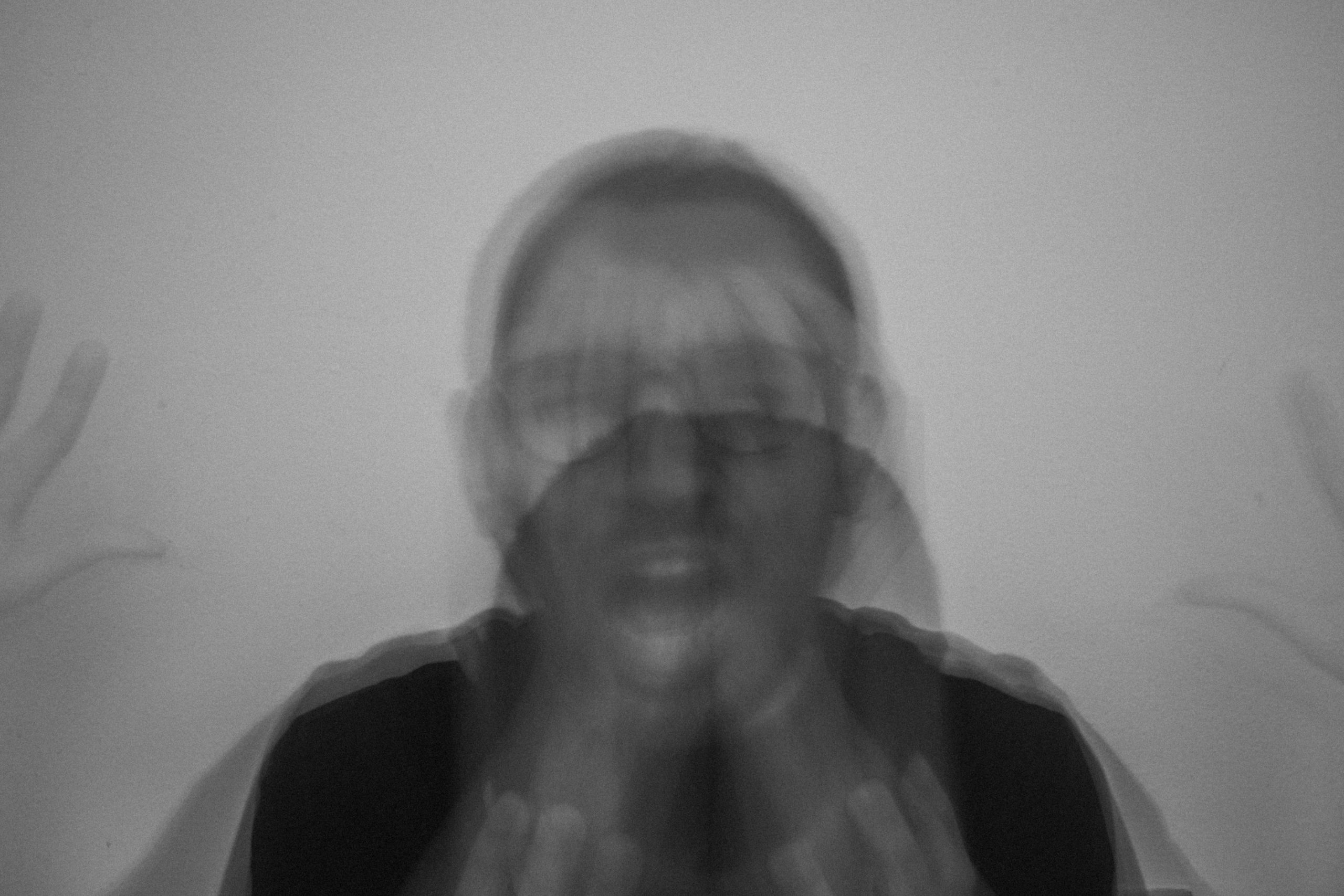
Isolation | Photo by Soham Parikh | The Wright State Guardian
With having been quarantined for a few weeks, the feeling of going stir crazy is common. Alongside this, the lack of social interaction can also take a toll on a person’s mental health.
Although this is a difficult and unusual time for everyone, there are ways to fight off the feelings of loneliness or sadness.
Effects on mental health
“Human beings are quite social and our frequent social contacts with friends, family members and co-workers allow us interconnection in ways that generally maintain mental health parameters,” said Dr. Patricia Schiml, research professor and senior lecturer in the Department of Psychology. “Social isolation can produce negative changes in mental health that make issues like depression and anxiety more prevalent.”
Given that everyone has their own way of processing moments like this, a quarantine can have different effects on different people.
“Some people may enjoy having extra time for hobbies or activities, while a lack of routine can lead to feeling out of control or unmoored. Separation from careers or activities that provide us with meaning can leave us feeling bored, rudderless, or without purpose,” according to an email from Counseling and Wellness Therapist Sarah Peters and Counseling Intern Katherine Seppi. “Loneliness can lead to feelings of sadness or despair. On the other hand, being stuck with the same people 24/7 in a small space can be stressful in its own way. The unknown duration of social distancing may lead to a feeling of hopelessness. We may also be feeling existential dread or fear for ourselves and loved ones. All of these feelings can lead to symptoms of anxiety, depression, or other mental health issues.”
Those most likely to be affected
According to Dr. Schiml, at a time like this, some people are more likely to struggle with mental health issues than others. Presumably, those with a pre-existing mental illness are most likely to have issues.
“It’s likely that someone with obsessive-compulsive tendencies related to contamination and cleanliness might really be struggling right now,” said Schiml.
Because this is a time in history that most people have not experienced before, everyone will go through a range of emotions.
“You may experience feelings of uncertainty, fear, loneliness and a sense of loss of control. Some will manage these feelings well, while others may develop symptoms of depression or anxiety. The CDC lists the following groups as being especially vulnerable to the stress of the situation: older adults and those at higher risk from the virus, children and teens, front-line healthcare and other essential workers,” according to Peters and Seppi.
Signs and symptoms
“Pay attention to changes in behavior, like sleeping more than usual, not being interested in your normal activities, changes in eating habits or losing weight. Certainly, if someone starts to talk about hurting themselves or others, reach out as soon as possible,” said Schiml.
When looking for signs and symptoms in others, it’s important to look out for yourself as well.
“Low motivation or difficulty managing daily tasks such as basic hygiene or schoolwork can also be a sign that you should seek help from Wright State Counseling and Wellness or other mental health care providers,” according to Peters and Seppi.
Long-term effects
While this pandemic has had its negative impact on people and governments around the world, a positive change in society and in the outlook of individuals can be noted.
“[Coronavirus] and social distancing will have an effect on all of us going forward. Some may not bounce back quickly, with lingering negative effects. However, for others, the effects may be positive, such as an appreciation of the special people in our lives, of slowing down [and] spending time outdoors. We may continue to reach out to those we could not see during the stay-at-home order. Or we may have developed increased respect for those who are deemed ‘essential’ to our survival and advocate on their behalf for a living wage [as well as an] appreciation for the importance of access to healthcare for everyone,” according to Peters and Seppi.
Solutions
Taking care of one’s self and being aware of your mental state is an important key to staying positive during such a time. To maintain mental health, Peters and Seppi advise giving structure to your days by creating a to-do list or schedule, limiting time spent watching the news to avoid being sad or angry, keeping up with loved ones to provide purpose to your day, and practicing gratitude and self-compassion.
“Reaching out to those you care about in a way that is safe from a pandemic reduction perspective is very important. Text, call, use video chatting apps to keep in touch,” said Schiml.
Peters and Seppi also advise following sites that share good news, such as the Good News Network (goodnewsnetwork.org) and the Today Show’s good news page (today.com/news/good-news.)
How/where to seek help
Counseling and Wellness, open from 8 a.m. to 5 p.m. during the week, continues to provide its regular services for students via phone or video. They now have a webpage about coping with coronavirus (https://www.wright.edu/student-affairs/health-and-wellness/counseling-and-wellness/coping-with-covid-19.)
“In addition, there are several free apps available to help individuals struggling during social distancing: Rootd, Calm, Stop Breathe & Think, Headspace [and] Self-Help for Anxiety Management,” according to Peters and Seppi.
National and state hotlines, as well as Raider Cares, are available options for those in need. Regarding students in power-based violence relationships, Student Advocacy and Wellness is also a useful resource.
- How Students Can Help Wildlife This Spring
- Horoscopes: Which Career Field Should You Go Into?
- “‘Hunger Games’ Musical Parody” Set to be “Once-in-a-Lifetime”
